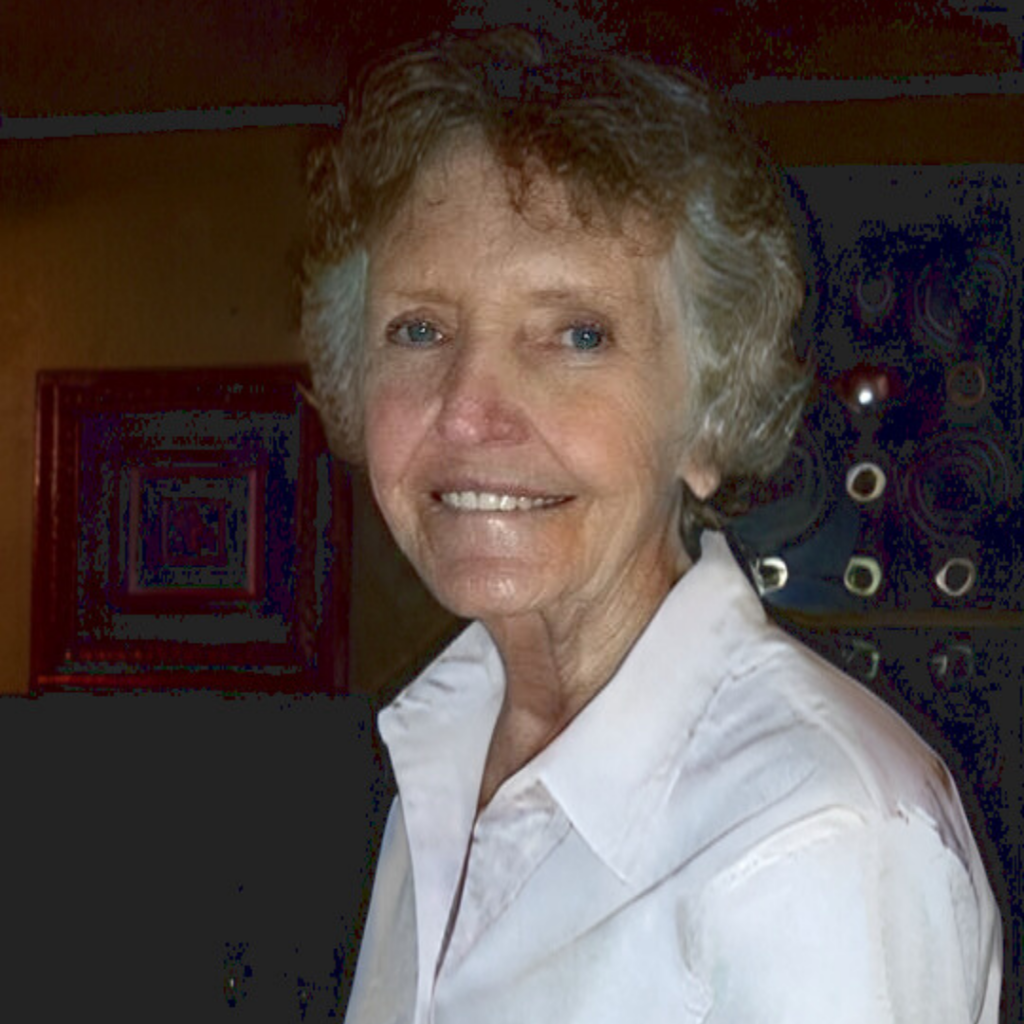“I haven’t found anything they needed to do that couldn’t be done.”

As hospital-level care has grown in the United States, many of Contessa’s partner providers like the University of Arkansas for Medical Sciences (UAMS), who offer hospital care at home through their Comprehensive Care at Home program, have found that this approach offers special benefits to those living with dementia, helping them heal in a more familiar environment.
UAMS Comprehensive Care at Home has had the opportunity to serve Cindi’s mom, Esther, on more than one occasion. As a family caregiver to her mother, who has a diagnosis of dementia, Cindi explains that the program has been a “godsend.”
“Mom has been hospitalized multiple times,” Cindi shares, “As her dementia has progressed, her cognitive abilities have declined. Anytime she goes to the hospital, she gets hospital psychosis.”
Known to affect older adults disproportionately, this problem — commonly referred to as delirium — was having an impact on Esther’s recovery each time she was hospitalized. “If she’s in there for an extended period of time, she declines cognitively even more,” Cindi notes.
Despite this, when Cindi was first introduced to Comprehensive Care at Home during one of her mom’s hospitalizations, she was hesitant. She recalls, “I could not grasp how someone could receive hospital-level care in their home.” But the admitting physician was reassuring, she says. “The doctor had explained that if Mom needed a greater level of care than the program could provide, she would not have qualified for the program.”
Cindi adds, “However, it was only after Mom started developing delirium again that we chose to participate. Even though the program has specific eligibility requirements regarding participants, I believe as awareness of the program increases so will the number of participants.”
Benefits for family caregivers
The team’s professionalism and compassion won her over and she and her mom returned home for further care. Cindi says she quickly discovered that receiving care at home was the perfect solution not just for her mom, but for her as a family caregiver as well.
Each time her mom is hospitalized, Cindi explains, “If I’m not there, it can be very challenging, so I feel like I need to be there 24/7 to make sure that she’s going to be ok. You never know when the doctor is coming in, and you have all these different disciplines coming at different times, which makes communication challenging.”
Although she’s now retired, Cindi observes, “When I was working it was even more challenging when mom was hospitalized, so I definitely recognize the value the program provides for family members of patients with dementia who are balancing work and caring for their loved one.”
She also describes another factor that is difficult for both patients and caregivers alike: it can be challenging to get adequate rest in the hospital environment. “It’s noisy— it’s noisy at nighttime, there’s always someone coming in at one time or another. So, the person that really needs the rest is not really truly getting the rest.”
At home, Esther’s delirium was no longer an element, and she and Cindi both could get better rest. And rather than worrying about coordinating meetings with the physician, Cindi was thrilled to find there was a reliable, scheduled cadence to telehealth visits. “One of the most impressive things is that you get to meet with your doctor every morning via telemedicine. The doctor has already been alerted to everything that’s going on by the medical staff. The communication in the program is excellent.”
Full support at home
Over the course of three stays in the program, Cindi shares, “I haven’t found anything they needed to do that couldn’t be done. The program provides everything needed to care for the patient, including any equipment required and all medications, even IV medications. Nursing staff visits multiple times each day and if lab work is needed it is sent to the hospital for timely processing.”
The program also uses advanced technology to increase its effectiveness. Cindi explains, “The nurse listened to my mom’s heart with a device that allowed the doctor to later listen to Mom’s heart as if he were actually in the room with her.” During one admission, Cindi recalls the staff even performed a bedside ultrasound.
Cindi is especially grateful to the staff for their compassion while providing this care. “They take the time to explain to you what they’re doing and why they’re doing it. They communicate with Mom, not just me, even though she doesn’t always understand. They treat her with respect and dignity.”
Continuity of care
UAMS Comprehensive Care at Home is also able to provide the full spectrum of care at home thanks to Contessa’s parent company, Amedisys, a benefit Cindi says “lends itself to consistency.”
“We changed to Amedisys therapy for physical therapy and occupational therapy — we love them, they’re amazing. We’ve got hospital at home, and now we’ve got Amedisys therapy coming in.”
Cindi also points out that in the big picture, “Having this resource available not only benefits patients participating in the program, it provides a valuable benefit for others seeking care at UAMS. The program opens up much needed beds and allows hospital staff to focus on patients requiring a higher level of care. Because it has been such an amazing program for my mom, we have become very strong advocates for the program.”
